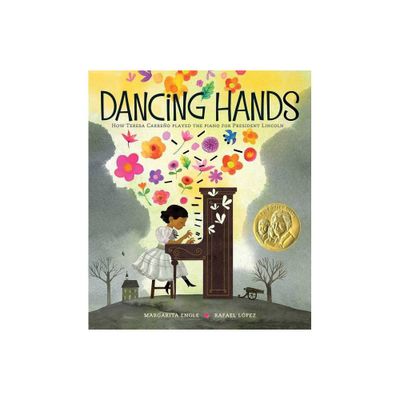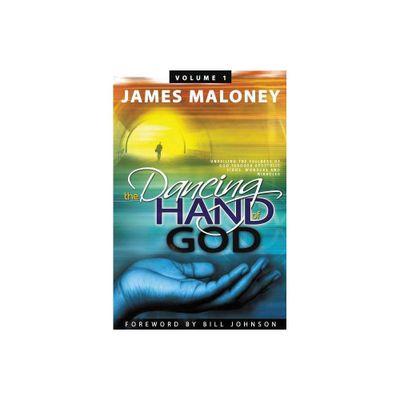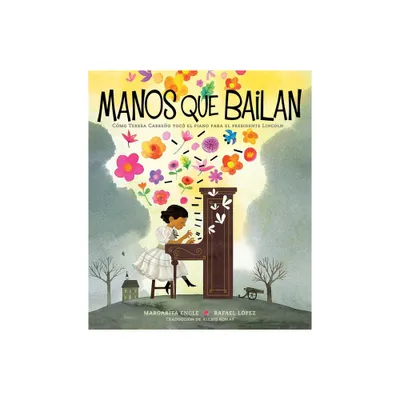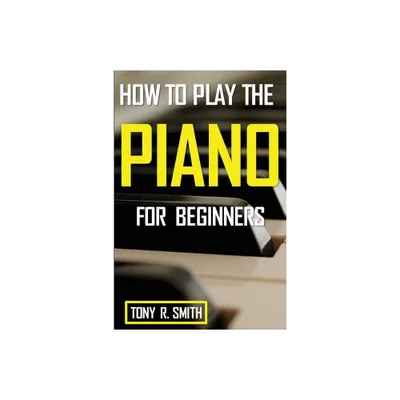Home
Dancing Hands: How Teresa Carreño Played the Piano for President Lincoln
Loading Inventory...
Barnes and Noble
Dancing Hands: How Teresa Carreño Played the Piano for President Lincoln
Current price: $9.49


Barnes and Noble
Dancing Hands: How Teresa Carreño Played the Piano for President Lincoln
Current price: $9.49
Loading Inventory...
Size: Audiobook
*Product Information may vary - to confirm product availability, pricing, and additional information please contact Barnes and Noble
Winner of the Pura Belpré Illustrator Award
A
Kirkus Reviews
Best Picture Book
In soaring words and stunning illustrations, Margarita Engle and Rafael López tell the story of Teresa Carreño, a child prodigy who played piano for Abraham Lincoln.
As a little girl, Teresa Carreño loved to let her hands dance across the beautiful keys of the piano. If she felt sad, music cheered her up, and when she was happy, the piano helped her share that joy. Soon she was writing her own songs and performing in grand cathedrals. Then a revolution in Venezuela forced her family to flee to the United States. Teresa felt lonely in this unfamiliar place, where few of the people she met spoke Spanish. Worst of all, there was fighting in her new home, too—the Civil War.
Still, Teresa kept playing, and soon she grew famous as the talented Piano Girl who could play anything from a folk song to a sonata. So famous, in fact, that President Abraham Lincoln wanted her to play at the White House! Yet with the country torn apart by war, could Teresa’s music bring comfort to those who needed it most?
A
Kirkus Reviews
Best Picture Book
In soaring words and stunning illustrations, Margarita Engle and Rafael López tell the story of Teresa Carreño, a child prodigy who played piano for Abraham Lincoln.
As a little girl, Teresa Carreño loved to let her hands dance across the beautiful keys of the piano. If she felt sad, music cheered her up, and when she was happy, the piano helped her share that joy. Soon she was writing her own songs and performing in grand cathedrals. Then a revolution in Venezuela forced her family to flee to the United States. Teresa felt lonely in this unfamiliar place, where few of the people she met spoke Spanish. Worst of all, there was fighting in her new home, too—the Civil War.
Still, Teresa kept playing, and soon she grew famous as the talented Piano Girl who could play anything from a folk song to a sonata. So famous, in fact, that President Abraham Lincoln wanted her to play at the White House! Yet with the country torn apart by war, could Teresa’s music bring comfort to those who needed it most?


















